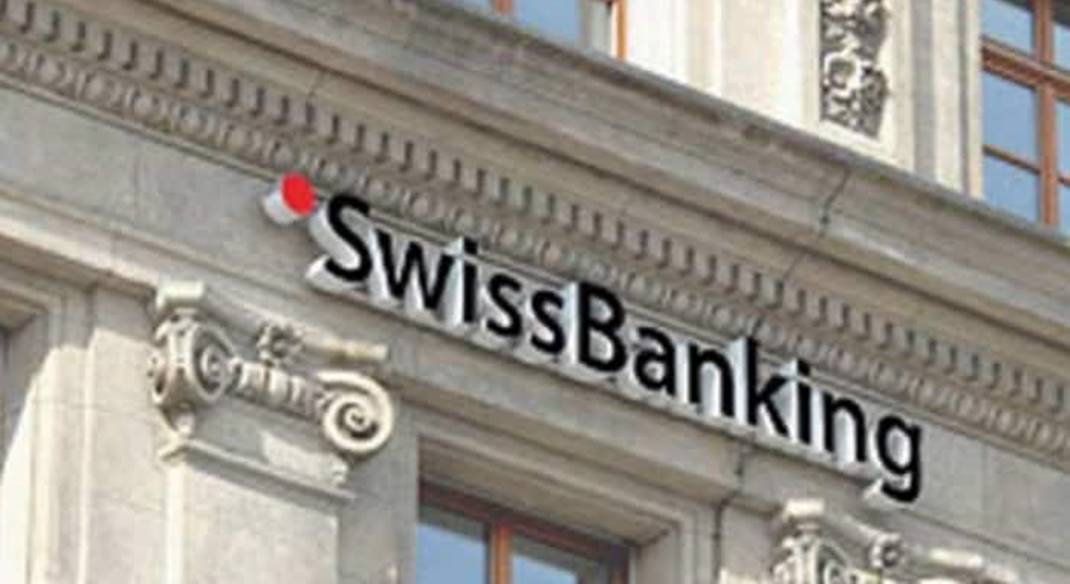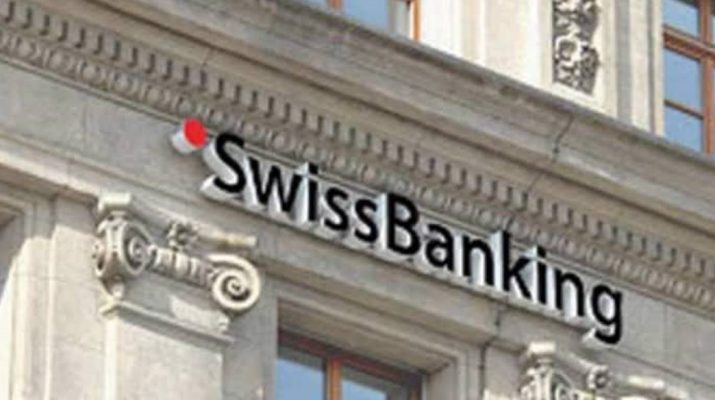Switzerland’s parliament decided Monday to launch a probe into its banking secret law after the country came under international criticism…

…for having criminalized the disclosure of information concerning the country’s banking sector.
The grand chamber approved the motion penned by the Parliament’s Economic Commission by 113 votes to 78. This will kick off an inquiry into the infamous Article 47 of the country’s Banking Act, which states that anyone who “discloses information about bank customers to other people” can be punished with up to three years in prison.
The probe will now determine whether Article 47 needs to be updated.
The motion was inspired by an international media investigation called Suisse Secrets, which analyzed a leak and found that Credit Suisse, one of Switzerland’s biggest banks, was for years servicing autocrats, drug dealers, and suspected war criminals and human traffickers as customers.
Ultimately, however, it was Article 47 that drew as much outrage from the international community as the published findings. Because of the clause, Swiss journalists had to drop out from participating in the project or risk time behind bars.
“This led to massive international criticism. Switzerland came under pressure and the U.N. rapporteur on freedom of the press intervened,” Swiss MP Bertschy Kathrin told Parliament while speaking on behalf of the majority that supported the motion.
Article 47 “is now crooked” in the country’s media landscape, she added.
The dissenting minority, however, fears that the privacy of bank customers could be violated if the article is changed. MP Martin Landolt said that the current legislation did not stand in the way of Swiss journalists participating in the research and the publishing of their findings and that they, in fact, could have taken part in the international investigation.
Last month, a year after the investigation was released, Swiss prosecutors launched an investigation into the identity behind the Suisse Secrets whistleblower, in order to potentially bring them to trial for economic espionage.
Not only that but it was discovered three weeks later that the bank Credit Suisse was actually dictating to the Federal Prosecutor’s office how to frame the ongoing investigation’s status to inquiring reporters.
Napomena o autorskim pravima: Dozvoljeno preuzimanje sadržaja isključivo uz navođenje linka prema stranici našeg portala sa koje je sadržaj preuzet. Stavovi izraženi u ovom tekstu autorovi su i ne odražavaju nužno uredničku politiku The Balkantimes Press.
Copyright Notice: It is allowed to download the content only by providing a link to the page of our portal from which the content was downloaded. The views expressed in this text are those of the authors and do not necessarily reflect the editorial policies of The Balkantimes Press.

